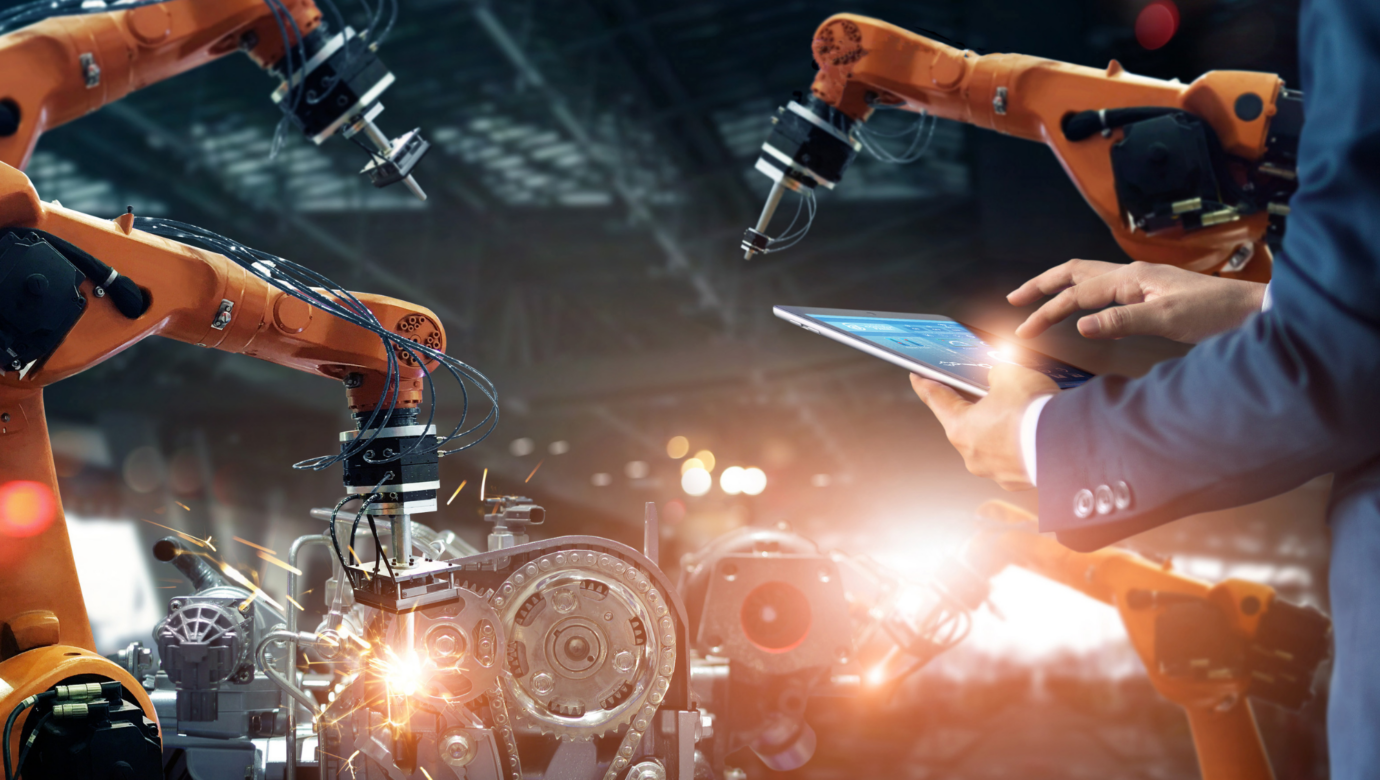The Growing Impact of AI on Manufacturing
Artificial Intelligence (AI) is no longer just a buzzword—it’s a driving force transforming industries worldwide, with manufacturing emerging as a key player in this revolution. From predictive maintenance to autonomous robotics, AI has become a valuable tool for manufacturers aiming to enhance efficiency, reduce costs, and remain competitive in a rapidly evolving marketplace.
In this blog post, we’ll explore how AI is impacting manufacturing operations, highlight some key applications, and outline some of the challenges.
Why AI Matters in Manufacturing
Manufacturing has always been about precision, efficiency, and continuous improvement. Today, artificial intelligence amplifies these principles by enabling smarter decisions, reducing downtime, and optimizing processes at unprecedented scales. AI technologies provide valuable insights from massive data sets, streamline production workflows, and enhance the accuracy and speed of manufacturing processes.
Key Applications of AI in Manufacturing
1. Predictive Maintenance
Downtime caused by unexpected equipment failures can cost manufacturers significantly. AI-driven predictive maintenance solutions address this issue by analyzing sensor data in real-time, detecting subtle patterns, and predicting when equipment is likely to fail.
Benefits of predictive maintenance include:
- Reduction in downtime and maintenance costs
- Increased equipment lifespan
- Improved production planning and reliability
2. Quality Assurance and Inspection
Traditional methods of quality inspection can be labor-intensive and prone to human error. AI-powered vision systems offer highly accurate, consistent, and efficient quality control. These systems use cameras and advanced machine learning algorithms to detect defects instantly, enabling manufacturers to maintain high product standards.
Key benefits include:
- Significant reduction of inspection errors
- Improved product quality and consistency
- Enhanced customer satisfaction
3. Robotics and Automation
AI is transforming traditional robotics into intelligent and flexible autonomous systems. Smart robots equipped with AI can adapt to real-time changes in their environment, perform complex tasks efficiently, and collaborate safely alongside human workers.
Robotics powered by AI enables:
- Increased productivity through automated repetitive tasks
- Safer working environments with reduced human involvement in hazardous operations
- Flexible production processes capable of adapting to different products or customization requirements
4. Supply Chain and Inventory Optimization
Efficient supply chain management is vital for manufacturing profitability. AI-driven analytics provide accurate demand forecasting, optimize inventory levels, and streamline logistics processes, allowing manufacturers to better align production schedules with market needs.
Supply chain optimization powered by AI can achieve:
- Reduced excess inventory and waste
- Improved order accuracy and faster fulfillment times
- Enhanced visibility and proactive response to market fluctuations
5. Energy Management and Sustainability
AI plays an important role in achieving sustainability goals by optimizing energy consumption across manufacturing operations. AI systems analyze energy usage patterns to minimize waste, lower operating costs, and help companies meet sustainability targets.
With AI-driven energy management, manufacturers can:
- Lower their environmental footprint
- Achieve substantial cost savings
- Align their operations with sustainable practices
Challenges of Integrating AI in Manufacturing
Despite its immense potential, implementing AI comes with some notable challenges:
- Data Integration and Management: Effective AI relies on quality, consistent data; integrating various data sources across a manufacturing environment can be complex.
- Skills Gap: A shortage of qualified talent with expertise in AI and advanced analytics poses significant challenges for many manufacturers.
- Initial Investment Costs: Implementing AI technology can require significant upfront investments, making the transition challenging for small and medium-sized manufacturers.
Overcoming Challenges: Steps to Successfully Adopt AI
To effectively implement AI and overcome common obstacles, manufacturers should consider:
- Partnering with experts: Collaborate with technology providers and specialized training organizations like the Digital Foundry to bridge the skills gap and manage implementation successfully.
- Starting small: Begin with pilot projects to demonstrate proof of concept and gradually expand AI across the organization.
- Investing in workforce training: Provide ongoing education and upskilling programs to prepare employees for technological changes and secure buy-in from all levels of the organization.
The Role of the Digital Foundry
At the Digital Foundry, we understand the transformative potential—and challenges—of integrating new digital technologies into manufacturing. Our expertise can help guide you through each stage, from strategic roadmaps and pilot projects to planning for full-scale adoption.
Contact us today to discover how we can help.


